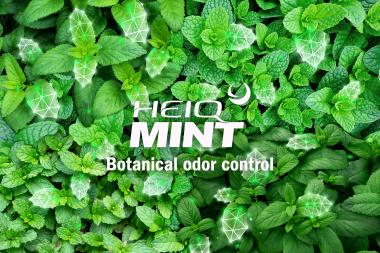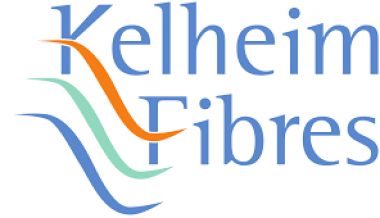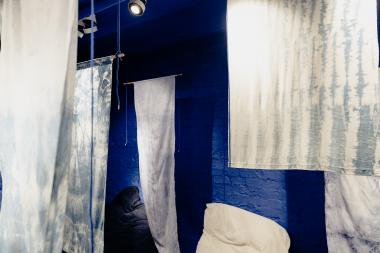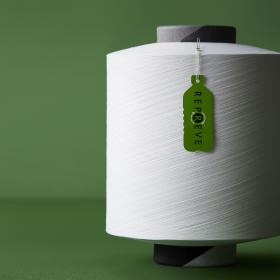Trützschler Card Clothing expands its site in Neubulach
Trützschler Card Clothing (TCC), technology leader in the manufacture of high-performance card clothings for textile yarn processing, is expanding its site in Neubulach, Germany. With the twelve-million-euro investment, the supplier for the international textile machinery industry is expanding its production, warehouse and office capacities. A groundbreaking ceremony will take place during the coming winter.
The new building will expand the warehouse and logistics area by 600 square meters, to make a total area of 2,800 square meters. In the optimized cube of the new hall, a modern warehouse system will double the storage capacity. There will also be a fully automated warehouse for coils for sawtooth wires. During the construction phase, logistics and shipping will be temporarily outsourced to Pforzheim-Büchenbronn.
The move into the new building is planned for 2024. TCC will also expand the range of services and the production intensity at the site, while optimizing the process flows. Trützschler intends to recruit the additional employees required within a short timeframe by hiring new staff and offering apprenticeships at the Neubulach site. TCC employs more than 130 people in Germany, with a further 220 people employed worldwide at locations in Brazil, China, India, Mexico, Turkey and the USA.
Overall, the production area will be expanded from 4,000 to 5,400 square meters. This will enable the process flows to be optimized. The office space will be increased to 1,000 square meters. An additional level of the building will provide modern workplaces for administration and sales.
The new building will also improve access and exit routes for truck traffic. This will provide considerable relief for the local neighborhood in terms of noise emissions and other factors. Good integration into the region is very important to Trützschler. All contracts for planning, construction and air conditioning technology have been awarded to local companies.
In the future, TCC will operate its production facility in Neubulach in a climate-neutral manner. This will contribute important progress toward achieving the ambitious climate goals of the Trützschler Group. The new production facility will meet the highest requirements for energy efficiency and climate protection. Heating is provided by process heat recovery and geothermal energy. In addition, the company produces green electricity via its own solar panels.
"By expanding our business here in Neubulach, we are strengthening our presence in this area and our leading global market position too," says Managing Director Peter Gäbler. The Trützschler Group SE is also investing in India to build a new site with over 100,000 square meters for the Spinning, Card Clothing and Nonwovens business units. "It is important to be close to the customer worldwide because our foreign companies make a significant contribution to the success of the Group," says Gäbler.
TCC achieved another record sales result in 2021. Demand for the technology components for carding fibers in spinning mills and for carding in nonwovens production has increased significantly. The steel sawtooth wires, which are wound onto coils and produced for customers around the globe, eventually get worn down by use in production processes – so it is necessary to replace them regularly. For this reason, further growth is expected in 2022 and beyond.
Trützschler Card Clothing
Trützschler Card Clothing



























